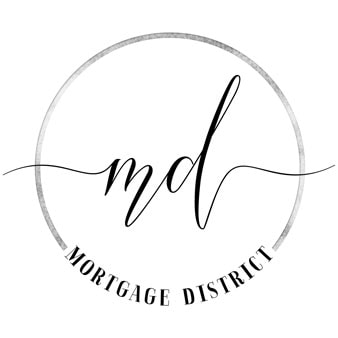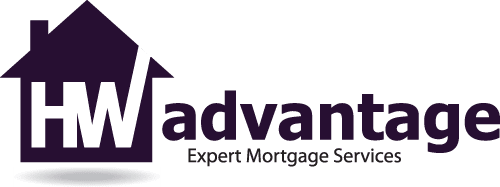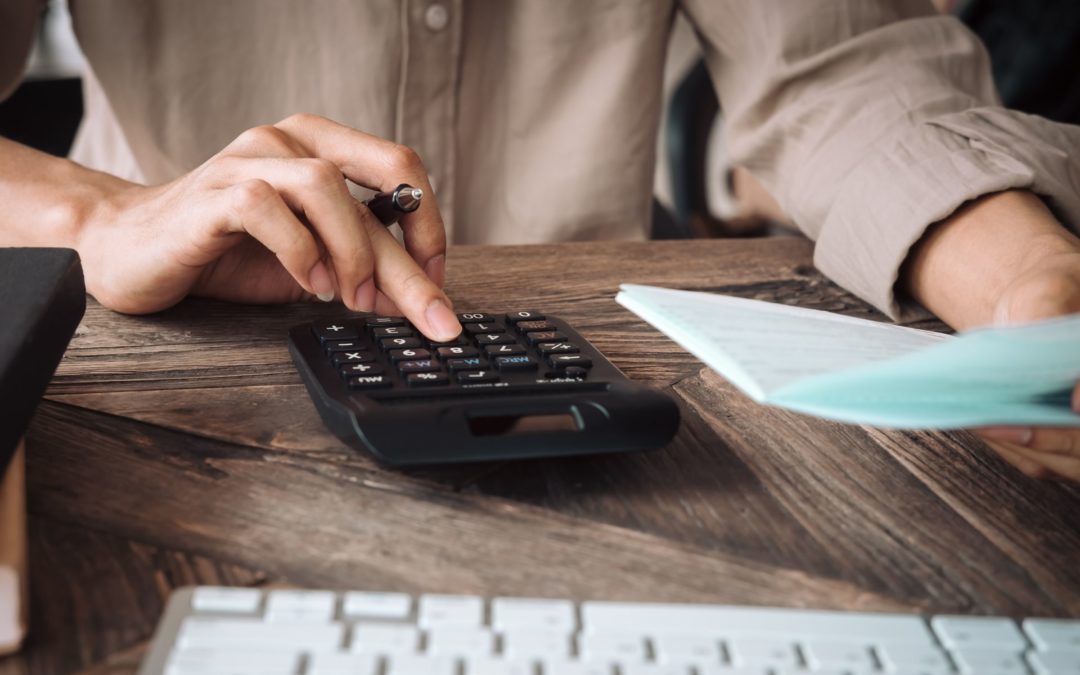Taking the leap into buying a home is an exciting time for many. If it’s your first time, you may still be learning the ropes – and there’s a lot to know! How do mortgages work? Is a fixed-rate mortgage better than a variable rate mortgage? What is the mortgage stress test, and why should you care? Do you need mortgage insurance? These are all very common questions. But what many prospective buyers don’t often consider are the total cost of buying a home. These costs can include legal fees, taxes and other closing costs. Then there are the ongoing costs such as insurance, property taxes, possible maintenance fees etc.
Before you begin shopping, take some time to research and create a budget to help calculate the actual cost of owning a home. Doing so will ensure that you shop in the correct price range and avoid unpleasant surprises later on. Request that your mortgage broker provides you a pre-approval with the amount you qualify for but also (and more importantly) what the estimated payments will look like to ensure it fits your budget.
Costs of Living
Start your budget by listing your existing debts, including car loans, student loans, and credit card debt. You’ll need to do this anyway when you apply for a mortgage.
Next, list your expenses, not including your current rent. Don’t forget expenses like your cell phone, internet, transportation and any recurring investments you may have. Keep in mind that your lifestyle probably won’t change dramatically in the transition from renting to owning. So don’t leave out the costs of doing the things you enjoy like eating out, gym membership and other activities.
Finally, add up all of your sources of income (which you’ll also need to have handy before applying) and figure out how much money you have leftover each month. However, before you head out to start house hunting, there is still some work left to do.
Think About a Downpayment
Depending on the price of the home, you will need a down payment of between 5% and 20% or even more. Considering home prices in the GTA often exceed $1 million, you may need $200,000 or more for your down payment. Some first-time homebuyers borrow against their RRSPs to help fund their down payment or borrow from family. Your family may not need to be paid back regularly. However, you must repay a portion of your RRSPs each year which will factor into your costs.
Ongoing Costs
Your mortgage will undoubtedly be the highest cost of owning a home. Still, there are several other significant costs you may have overlooked in your budget.
Property tax rates are set by each municipality. They are calculated based on the assessed value of the home, which is often lower than the sale price. Your real estate agent should be able to ask for property tax information for any home you look at. If not, there are online property tax calculators available to get a reasonable estimate. The seller may also be willing to give you an estimate of the heat, hydro, and utilities costs for the home. These costs are often built into rental costs, so new home buyers do not always know what to expect.
Other ongoing costs you should consider in your budget include home insurance – which will be required by your mortgage lender.
Closing Costs
Purchasing a home is complicated from a legal point of view. Indeed, mortgages are also complex legal agreements, so you’re going to need a lawyer to act on your behalf and help close the deal.
All home sales in Ontario have a land transfer tax applied. The buyer is responsible for paying this tax, and it must be paid in full at the time of the closing. Land transfer tax cannot be added to the mortgage amount, nor can it be deferred to pay in installments. Land transfer tax typically amounts to between 1 – 1.5% of the sale price, so it can be a significant amount if you are not expecting it. For more on Ontario land transfer tax (including first time home buyer land transfer tax rebate) read this: Land Transfer Tax
Buying a home comes along with many costs over and above your mortgage payment. Taking time to budget will help you determine exactly how much home you can afford to purchase without suffering financially or changing your lifestyle. Before you decide on a price range, factor all of these recurring costs into your budget. Get in touch with a mortgage broker for help crunching the numbers. A mortgage broker will also help you understand mortgage options, advise you on a downpayment, and amortization options to help you afford the home you want.
Harrison White and the HW Advantage team have helped countless people in Burlington and the GTA make their dream of homeownership a reality. Call today to get started!


